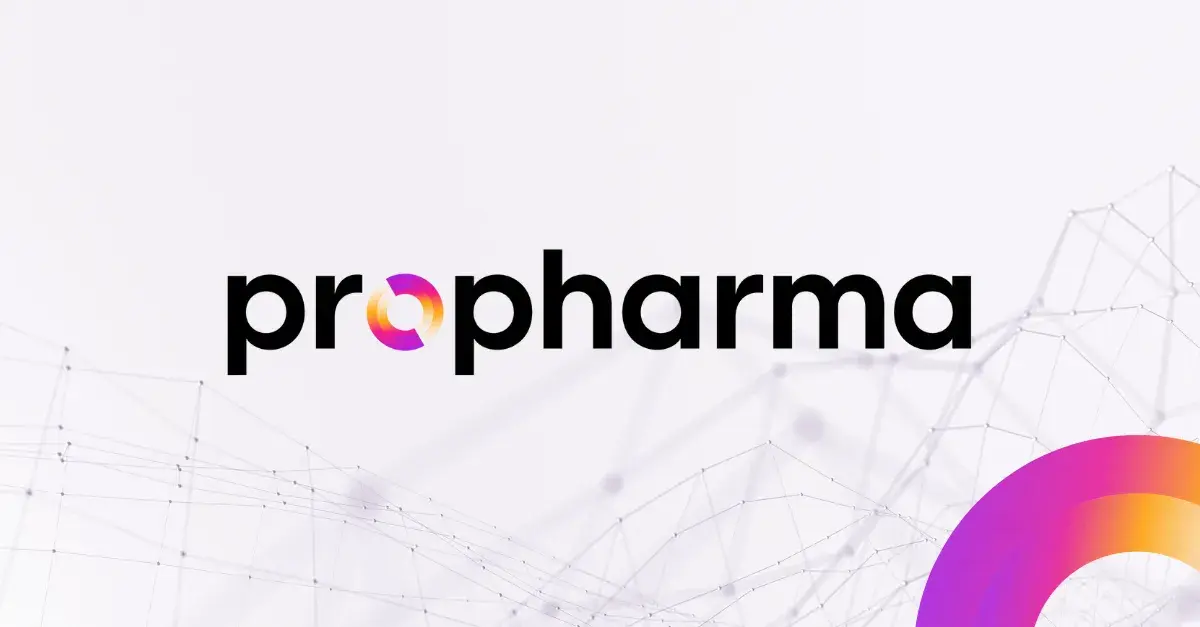May 11, 2020
May 11, 2020
Crises are fertile ground for inspiration and creativity resulting in practical new ideas for the near future, as is the case during the current COVID-19 period. Social distancing, lockdown, and remote working affect productivity and effectivity and force us to zoom out of our common practice. This raises the question of how the validated state of systems in a pharmaceutical environment is guaranteed.
Remote Computerized Systems Validation (rCSV) allows a system to be validated without the need to be on site, providing a solution for the current crises period with the potential to develop a new best practice for future needs.
During the validation of your computerized system, there are activities that do not require location specific attendance. Although, we generally agree that presence at location usually reduces throughout time, these activities can be easily transferred to virtual workplaces.
The problem becomes visible when we have finished our documents that are not location specific. Entering the execution-phase of your computer system validation remotely becomes very challenging. For most companies, attendance on location is unavoidable during IQ/OQ execution. Moreover, this phase requires involvement of different people, each having their specific task in the execution. Contemporaneous signing of the execution becomes very challenging when the attendees cannot be present on site. This can lead to delays during execution, extended validation times, or non-conformities in case your system validation is not finished in time.
RCSV makes use of the newest digital technologies; your in-house documents will be fully configured to a digital GxP document, compliant with your information structure and systems. To execute the validation on your computerized system, we can utilize the full potential of communication programs (e.g. Skype, MS Teams, MS SharePoint) and your internal remote system administration programs used by your IT department. By using the power of encrypted person-to-person sharing (OneDrive, SharePoint), safe filesharing is accomplished. The combination of these programs allows us to validate your system in a well-proven approach regardless our distance and in-person availability.
Validation documentation is developed according to the GAMP5 guideline, in conjunction with other regulatory applicable specifications and regional laws, and according to a customer’s in-house documentation systems.
After having performed the remote execution, the IQ/OQ/PQ document is further implemented in your Document Managing System, alongside with the other validation documents, and the validation report is written for release of your system.
By applying rCSV, the entire process is digital and electronic, from development to creation and from electronic execution to electronic signing. By this remote process, we can decrease response times, quickly implement corrections, and communicate progress on the qualification project. Timelines will be shortened by rCSV, facilitating on-time delivery within budget.

Applying rCSV has shown the following benefits:
RCSV can help you to get through the crisis, but, if the world will have to change towards an ongoing social distance, commonly reducing people on site and limiting the amount of people sharing locations at the same time, rCSV is promising to be the standard for future Computerized Systems Validation.
If you have questions about Data Integrity in your organization, contact us to discuss how we can help implement or maintain a compliant, efficient program to fit your unique needs.
TAGS: Life Science Consulting
May 19, 2021
Gene therapy holds the promise of curing severe genetic diseases at the genetic level rather than merely treating the symptoms as is accomplished using conventional small-molecule drug therapies. In...

July 19, 2021
In January 2020, FDA issued a final guidance document on the topic of "Testing of Retroviral Vector-Based Human Gene Therapy Products for Replication Competent Retrovirus During Product Manufacture...
June 4, 2021
In January 2020, FDA published a guidance document entitled “Testing of Retroviral Vector-Based Human Gene Therapy Products for Replication Competent Retrovirus During Product Manufacture and Patient...